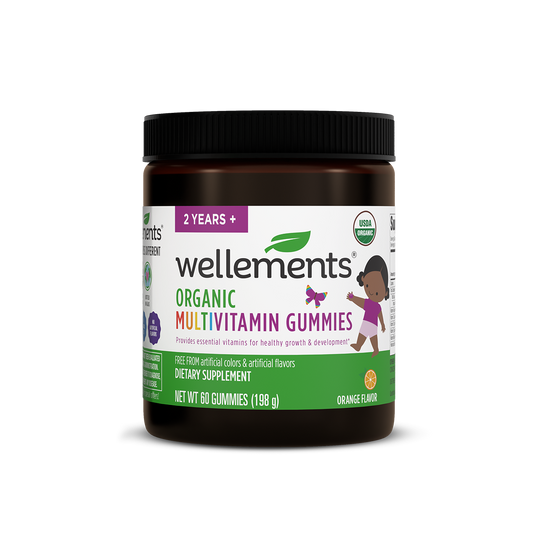Your Complete Guide to Childcare in 2023
| updated:Share

Finding a suitable childcare facility for your little one is a difficult and stressful process. After all, you want to find a place where your baby receives all the love, attention, and care you would deliver at home, but that will not break the bank. For many working families, this is a difficult balance to achieve. To help in your search process, learn more about childcare in the U.S., the pros and cons of paying for it, and what questions to ask each facility.
Types of Facilities
First and foremost, you must familiarize yourself with the various types of childcare facilities offering services today. What kind you prefer will dictate everything from pricing to quality of care to whether you can get childcare assistance. Below are the six most common types of childcare facilities:
- Childcare centers, which often offer rates on a sliding, income-based scale and scholarships, and that group children into classroom-sized groups
- School-based childcare, which is run more like a typical school day and often comes with free or reduced lunch
- Family childcare homes, which are typically private facilities
- Family, friend, and neighbor care, which is also private
- Babysitting coops, which are also private
Regardless of the type of childcare you choose, if you pay for it, you will likely qualify for the childcare tax credit.
4.4 /
5.0
(18)
18
total reviews
Children’s Multivitamin Gummy
Sale price
$21.99
Pros of Childcare
If you are on the fence about sending your child to preschool or daycare, know there are several benefits. Below are just a few of the top benefits your child will reap by going to daycare:
- Social and emotional development
- The development of a routine
- Improved immunity and health
- Improvements in behavior
- Increased independence and autonomy
- Easier transition to kindergarten
- Fun and friendship
Though some of these benefits your child may be able to develop in the home, most are positive side effects of childcare.

Cons of Childcare
Despite its advantages, daycare does have its drawbacks. For many, the biggest drawback is cost, as quality childcare will likely cost a pretty penny no matter where you live. However, there are other pitfalls besides the cost.
Many childcare centers are breeding grounds for germs, meaning your child will likely contract many illnesses in the first six months to a year of attending childcare. Also, childcare centers offer less individualized attention than a nanny and family-care setups. You may also run into waiting lists, high turnover for preferred teachers, and low-quality care. You should anticipate these issues when shopping around, but you can avoid them by doing your due diligence during the search phase.
What To Look for & Questions To Ask in Good Childcare
Regardless of the type of childcare you choose, the one you choose must possess all the traits of a quality childcare center. In addition to having accreditation, plenty of positive reviews or referrals, and credentialed staff, the center you choose should also be clean, welcoming, and full of laughter and smiles.
Do not base your decision on first impressions alone, though. Be sure to ask plenty of questions. Some questions to ask (and answers to look for) are as follows:
- What is your general philosophy on childcare? The center’s answer should match your philosophy.
- What is your caregiver-to-child ratio? Ideally, it should be one adult to four children for 0-2-year-olds and one adult to 12 children for two to six years old.
- What is the daily routine? If the facility does not have an answer, be wary.
- How do you handle behavioral issues? The facility should use positive reinforcement only.
These are just a few questions worth asking a potential childcare provider.

Choosing the Best Childcare
Choosing the best childcare center for your little one can be difficult and stressful. However, with the proper guidance and due diligence, you can find quality, trustworthy childcare that feels like home for your little one.



